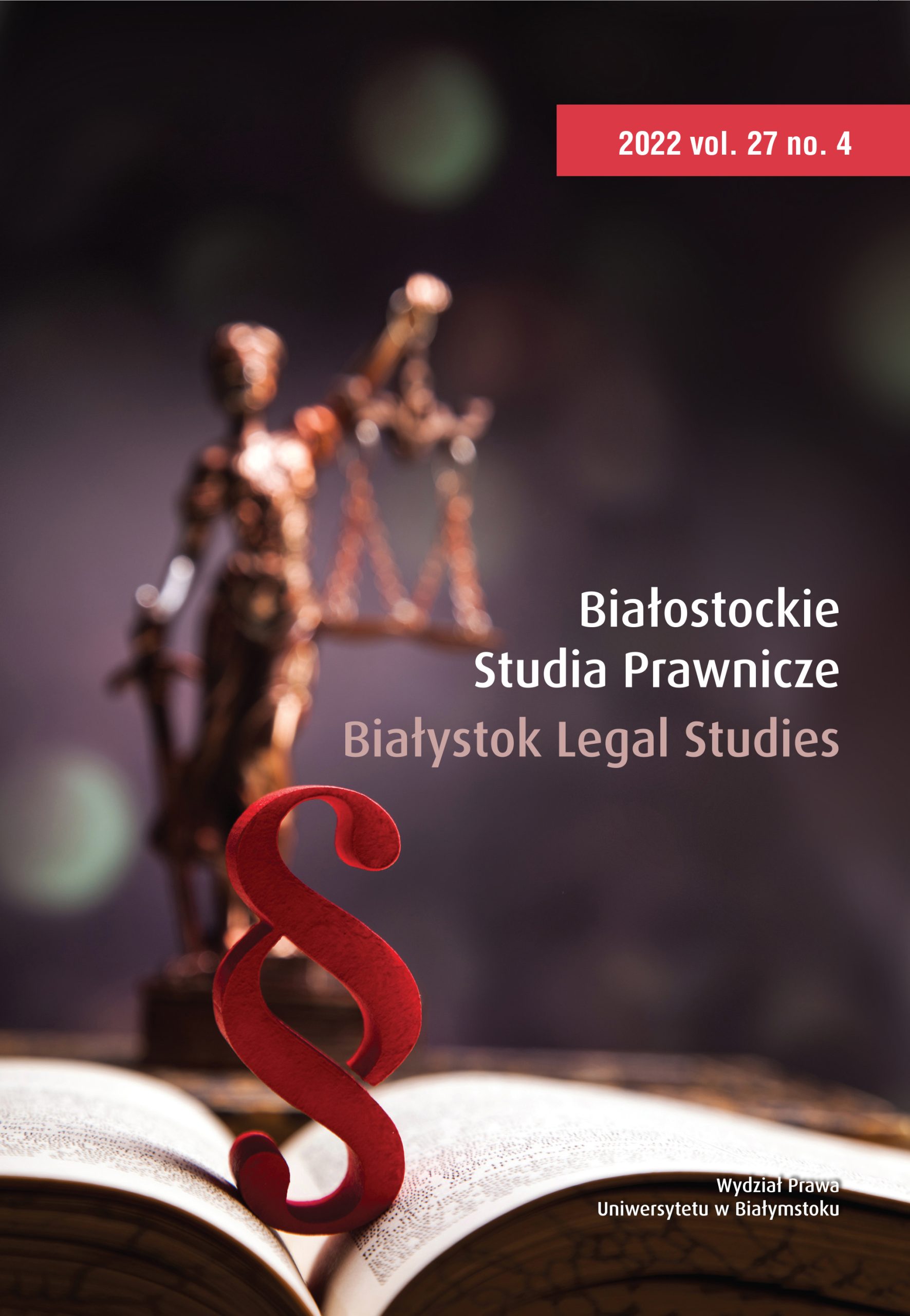Family Income Taxation Models in the Italian Legal System: Analysis and Perspectives
Family Income Taxation Models in the Italian Legal System: Analysis and Perspectives
Author(s): Salvatore Antonello ParenteSubject(s): Public Law, Family and social welfare, Fiscal Politics / Budgeting, Administrative Law
Published by: Temida 2
Keywords: analysis and perspectives; compatibility test; family income; principle of ability to pay; taxation regimes;
Summary/Abstract: In the regime of sources of Italian law, the taxation of family income has undergone profound changes, in line with the 1975 family law reform, which marked the transition from the patriarchal family, based on the figure of the pater familias, to the nuclear family, composed of spouses and children. Also thanks to the intervention of the Constitutional Court, the model of legal cumulation, in which the husband, in his role as head of the family, was taxed on the income produced by the members of the household, was followed by the system of decumulation, characterized by individual (or separate) taxation of the income produced by each family member. The essay analyses the taxation regime of family income in the Italian legal system, examining its compatibility with the principle of ability to pay, foundation and limit of taxation.
Journal: Białostockie Studia Prawnicze
- Issue Year: 27/2022
- Issue No: 3
- Page Range: 207-225
- Page Count: 19
- Language: English

